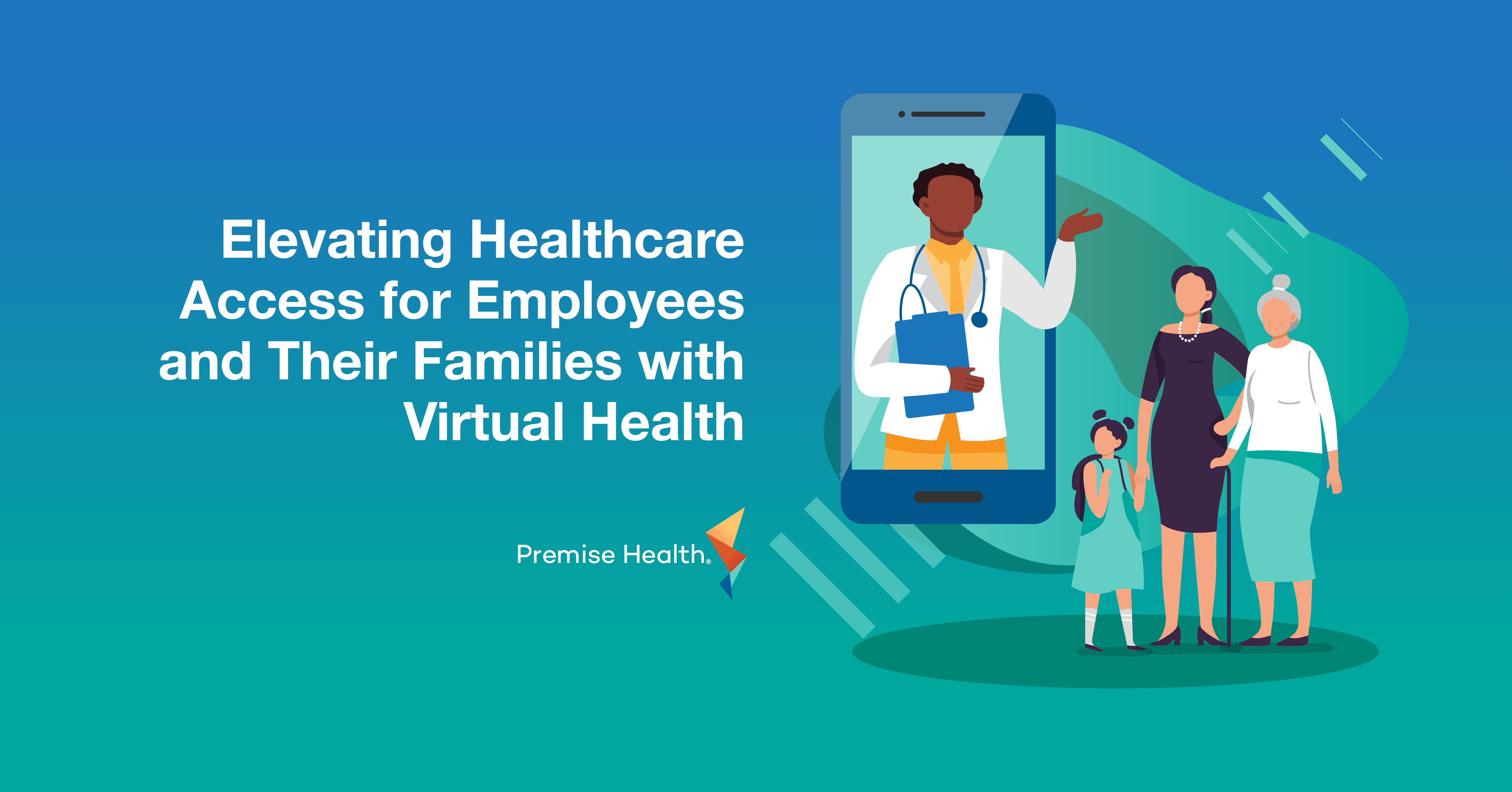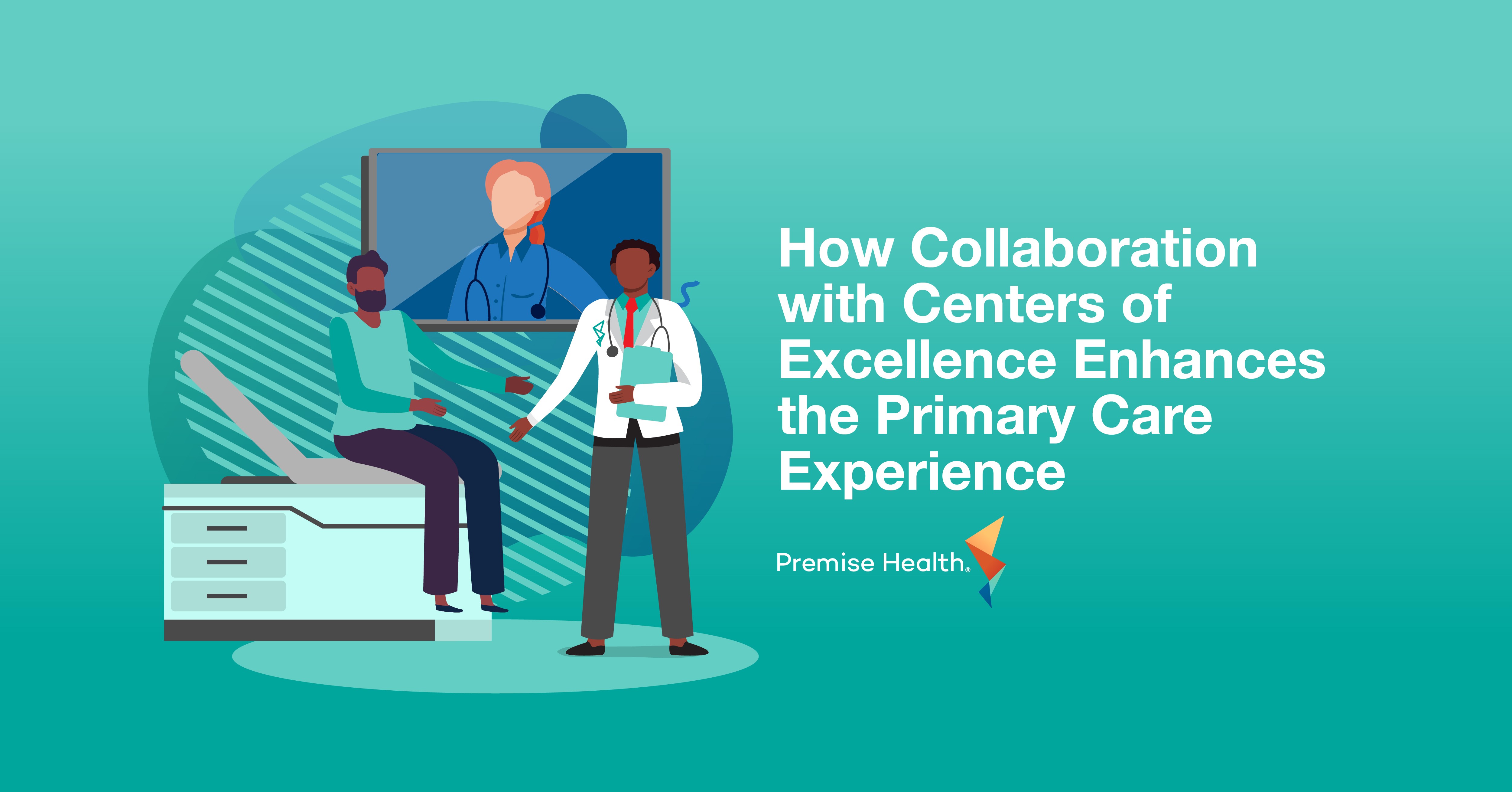What to Expect at Your Virtual Counseling Session
If you’re new to counseling, online therapy could be an easy way to get your feet wet and start exploring how to take care of your mental health. Virtual visits are extremely similar to in-person visits, and many people even prefer to do therapy online from the comfort of their home. If you’re considering virtual counseling, read on for some tips on what to expect from your session, an honest look at the pros and cons of online therapy, and advice for a successful session.
What is virtual counseling?
Virtual counseling is exactly like in-person counseling but uses technology like phone calls or video in the place of a face-to-face visit. You can expect to see the same qualified providers, the same level of care, and the same patient-provider confidentiality through virtual counseling. You may hear this form of care called by many different names, such as online therapy, virtual counseling, telehealth, or virtual behavioral health, but these all refer to the service of receiving mental healthcare through a digital channel.
What kinds of providers can I see through virtual counseling?
When you’re seeking out counseling, even virtually, you should always expect to see a licensed provider who is certified to practice in your state. That could be a licensed clinical social worker (LCSW), a licensed professional counselor (LPC), a licensed mental health counselor (LMHC), or a clinical psychologist. You should always be able to see that your counselor is licensed and be wary of mental health apps that use AI chatbots or are unable to guarantee the licensure of their providers.
How can I sign up for a virtual counseling appointment?
One big benefit of virtual counseling is that scheduling an appointment is often as easy as hitting a few buttons on your phone. If you’re a Premise Health member with access to virtual behavioral health, you can see how easy it is to schedule using the My Premise Health app.
Pros and cons of online therapy
When it comes to determining if virtual counseling is right for you, here are some pros and cons to consider.
Pros of online therapy
-
-
- Sessions can happen in a safe, comfortable environment
- No need to commute to a counselor’s office
- Flexibility to fit appointments into your schedule
- The ability to book a session on an app, without needing to talk to anyone
- Video or phone capabilities – you choose what’s most comfortable to you
- Reduced stigma and no chance for anyone to know you’re in therapy
- Accessibility for those with physical limitations
- Equally as effective as in-person therapy
-
Cons of online therapy
-
-
- Your personal comfort and familiarity with technology
- Facilitates a different type of connection with the counselor, which may be missing nonverbal cues like body language
- Limited use for serious mental health crises – addiction or complex mental health issues may require in-person treatment
- Navigating data privacy concerns with untrustworthy platforms. Keep reading for more on how you can ensure your information is safe and your provider is up to standard.
- Virtual therapy just might not be the right fit for you
-
Tips for a successful online counseling appointment
You’ve weighed your options, decided virtual therapy is right for you, found an online counselor, and now it’s time for your appointment. Here are a few tips to help you prepare and get the most out of your session:
- Find your space – Your sessions should happen in a place that’s comfortable and private, so you can feel open and relaxed.
- Make it a priority – Mark your appointment on a calendar, block off time from work, and turn off device notifications so you can fully focus. Apps like My Premise Health can even push reminder notifications to your phone so you never miss an appointment.
- Grab your tools – If you want to have a cup of tea, fidget toy, stress ball, or your furry friend nearby to help you feel comfortable, grab those items ahead of time.
- Speak up – Don’t be afraid to ask questions, especially if you’ve never done online therapy before.
- Test your equipment – Log in and try out the video call software ahead of time so you don’t have to waste your session troubleshooting technology.
At Premise Health, our virtual behavioral health offering is a popular option amongst our clients and their members. Although it first became mainstream during the early pandemic, in 2022 55% of our behavioral health visits occurred virtually which shows that members still appreciate the flexibility and convenience that virtual visits offer.
For members who might not be as comfortable with technology, we have a library of step-by-step tutorials and demo videos to show them exactly how to use our app, My Premise Health, to access virtual care. We also take data privacy extremely seriously with all of our virtual products and have received a full HITRUST accreditation and certification of our electronic health record for six years in a row.
If you’re looking to offer virtual behavioral health to your members, we’d love to talk to you about it, just contact us today.
Next on industry insights.

Elevating Healthcare Access for Employees and Their Families with Virtual Health
Read the Blog
Dedicated Pharmacists: The Frontline Champion for a Better Member Experience
Read the Blog